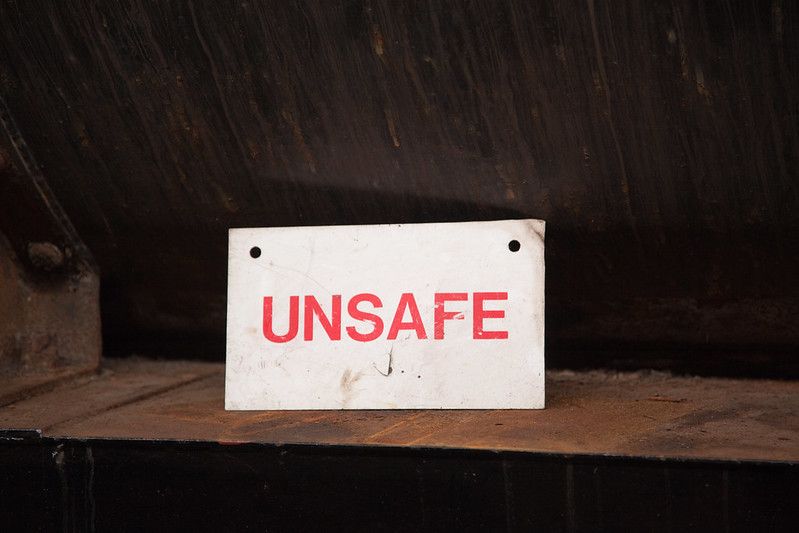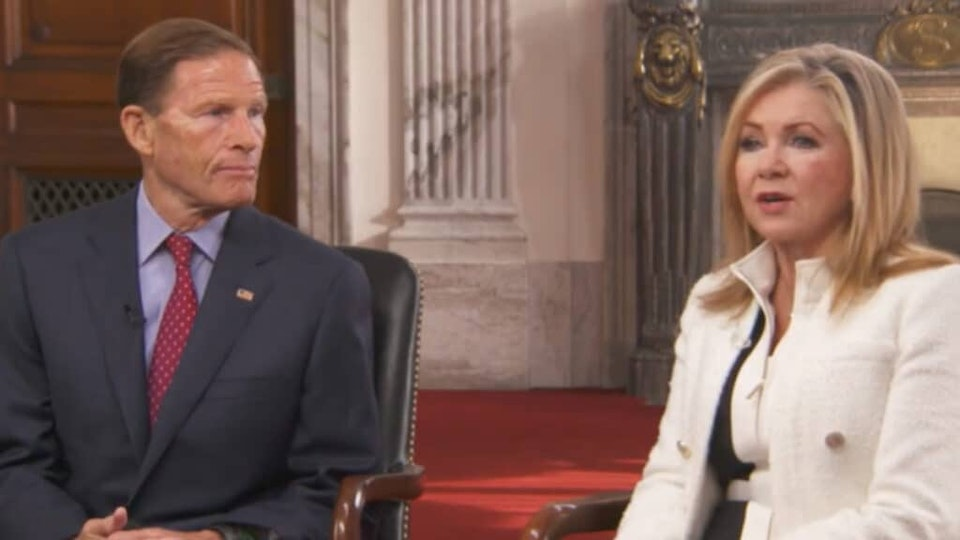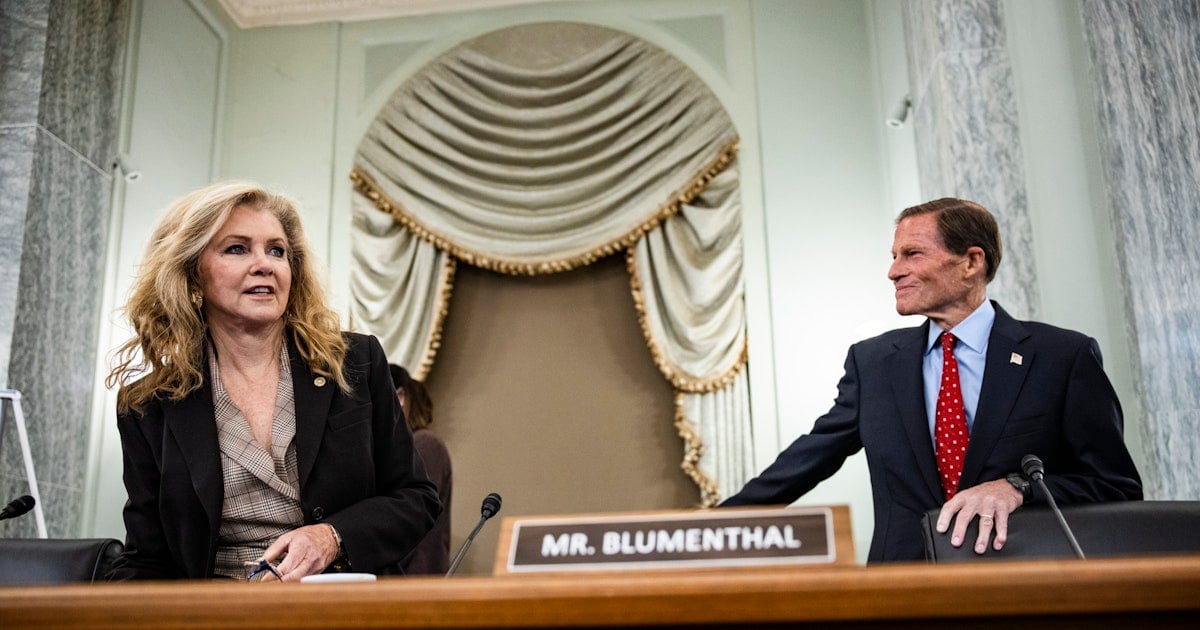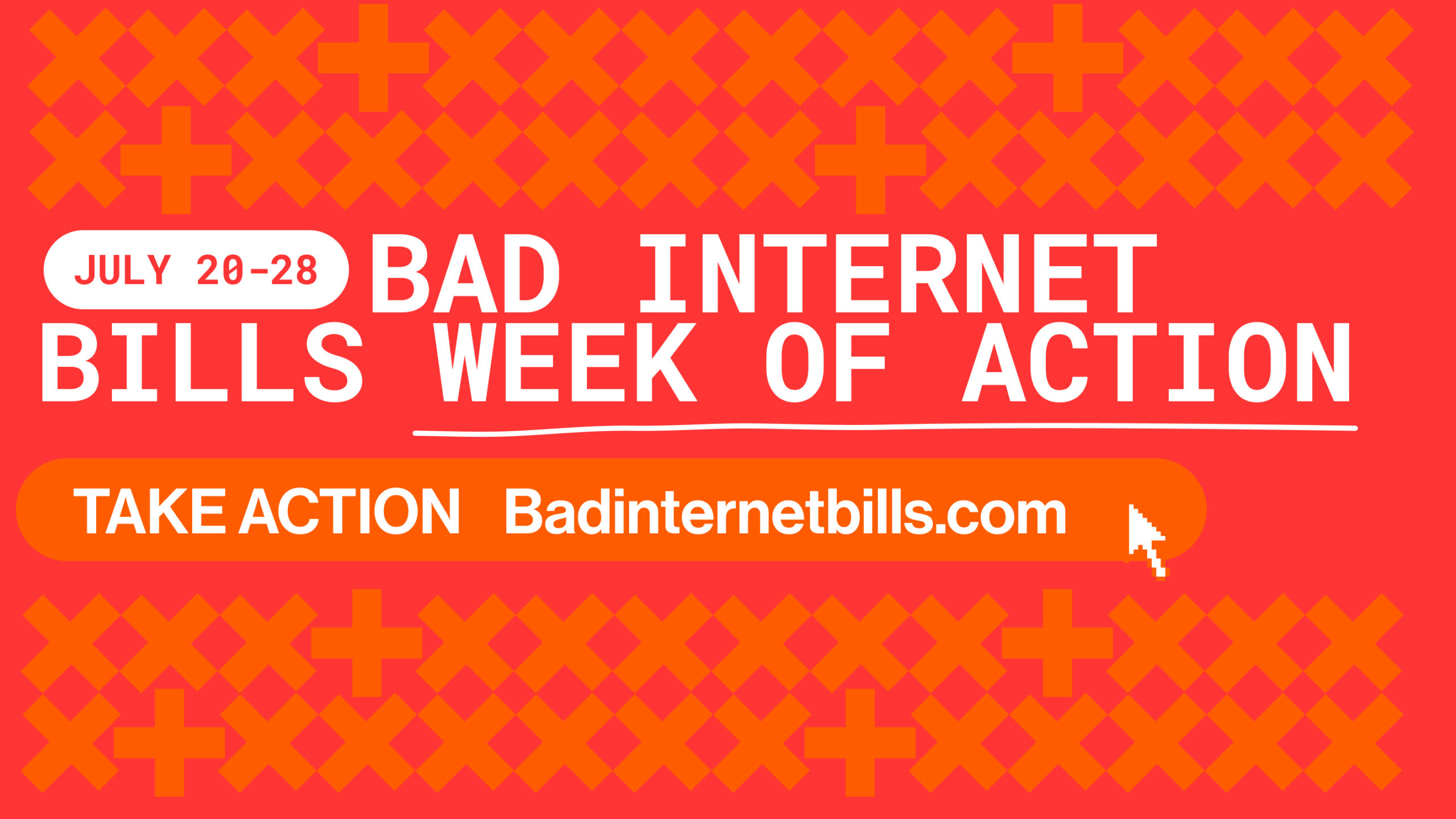The Nexus of Privacy
The Nexus Of Privacy looks at the connections between technology, policy, strategy, and justice. We’re also on the fediverse at @[email protected]
- 16 Posts
- 18 Comments

 13·9 months ago
13·9 months agoThat’d be great. And there’s precedent, too: back in 2005 Microsoft dropped support for a Washington state gay rights bill but employee pressure led them to reverse their stance. But all the tech layoffs tend to have a chilling effect on employee advocacy, so we shall see.

 2·1 year ago
2·1 year agoOh well, thanks for trying.

 4·1 year ago
4·1 year agoFrom https://www.stopkosa.com/
First, KOSA would pressure platforms to install filters that would wipe the net of anything deemed “inappropriate” for minors. This = instructing platforms to censor, plain and simple. Places that already use content filters have restricted important information about suicide prevention and LGBTQ+ support groups, and KOSA would spread this kind of censorship to every corner of the internet. It’s no surprise that anti-rights zealots are excited about KOSA: it would let them shut down websites that cover topics like race, gender, and sexuality.
Second, KOSA would ramp up the online surveillance of all internet users by expanding the use of age verification and parental monitoring tools. Not only are these tools needlessly invasive, they’re a massive safety risk for young people who could be trying to escape domestic violence and abuse.
Here’s more on how the Heritage Foundation says they’ll use it to censor LGBTQ content, and about how KOSA denies young people freedoms of expression and privacy

 16·1 year ago
16·1 year agoWTF indeed. But, thanks for emailing them – they track how much email they get in each direction, and if there’s enough they may rethink their position.

 28·1 year ago
28·1 year ago[email protected] is tracking all the bad internet bills … right now KOSA’s where the most action is.

 25·1 year ago
25·1 year agoAgreed. At the Senate Commerce Committee hearing, both Cantwell and Markey said they had heard from a lot of consituents about the bill’s problems, especially for LGBTQ+ people, and that there’s work to do before going forward … so at least the pushback is getting noticed.

 6·1 year ago
6·1 year agoThanks for making the effort! On bills like this, enough pressure can make a difference – we stopped KOSA from passing last year, and have a good chance this year as well.

 13·1 year ago
13·1 year agoGreat point about editing the letter – and calling is even better!
In terms of whether or not we’ll be able to change it … last year the broad pushback succeeded in stopping KOSA, and there’s certainly a decent chance to do the same this year. Who knows, but as you say, it’s always worth trying!

 2·1 year ago
2·1 year agoIt’s just a list of Senators, I don’t think there’s an equivalent bill yet in the House.

 17·1 year ago
17·1 year agoThat’s disappointing … but, enough pressure can get them to change their position (or, almost as good, ask Schumer not to bring the bill to the floor so that they don’t have to take a politically costly vote). In the Senate Commerce Committee hearing, both Cantwell and Markey voted yes but said they had gotten a lot of calls and email from constituents who were concerned about the impact on LGBTQ+ teens so there was work to do before bringing the bill to the floor … so the pressure is definitely getting noticed!

 45·1 year ago
45·1 year agohere’s the list of cosponsors … if they’re there, then they’re certainly supporting it. It’s worth contacting them in any case; they’ll often send you a form reply saying their position on the bill.

 2·1 year ago
2·1 year agoYep. But more positively, in the Senate Commerce Committee markup ten days ago, both Cantwell and Markey mentioned that they’ve gotten a lot of calls from constituents with concerns that will need to be addressed going forward, and specifically mentioned about issues for LGBTQ+ people. So that’s encouraging … we just need to keep the pressure up.

 14·1 year ago
14·1 year agoThat’s true, and legislation that passes in the US also influences legislation elsewhere. However quite a few people from outside the US have repeatedly asked for discussions of this and other legislation to include something in the title that indicates that it relates to US legislation, so I went with US-specific on this post.

 2·1 year ago
2·1 year agoThat’s pretty much how I look at it to. It might work, it might not … but you can’t win if you don’t play!

 5·1 year ago
5·1 year agoGrassroots opposition has helped digital rights and privacy organizations stop bad internet bills from passing many times before, including some of these same bills just last year. Of course it is true that money talks and so deep pocketed companies and politicians have a lot more influence than we do, so cynicism is definitely warranted; and grassroots opposition doesn’t always win… But on bills like these, getting involved can make a difference.
#BadInternetBills

 2·1 year ago
2·1 year agoThanks! I tried editing the post to include this important information up top, but for some reason it’s not letting me … I’ll try again later.

 9·1 year ago
9·1 year agoAgreed that the threat to free and clear access to the internet increases the chances of fascism coming to America. But there are plenty of Democrats who support these bills – they all have bipartisan sponsorship. And more positively, he Fourth Amendment Is Not For Sale Act – a good privacy bill – also has bipartisan sponsorship. So this is one of the rare issues that still cuts across party lines.
















Back in December, they tried to get an even WORSE FISA extension bill through as part of the NDAA – without even a vote on it – and the pushback was strong enough that they abandoned the plan. In 2020 grassroots activism kept them from rauthorizing Section 215 of the PATRIOT Act . In 2015 grassroots activism kept them from doing a straight reauthorization of the PATRIOT Act. So there really is a track record of it being effective on this issue.
The key dynamic here is that both parties are split on the issue – progressive Dems along with Libertarian and MAGA Republicans all favor reform. So even representatives in a district that one party always wins have to consider the politics: Republicans wanting to keep their MAGA cred against MAGA challengers, Democrats facing progressive challengers (or progressive Dems who need strong support from their base against centrist challengers). Plus there are a handful of centrist Dems in purple districts who might vote the right way if it can pick up some Republican votes.